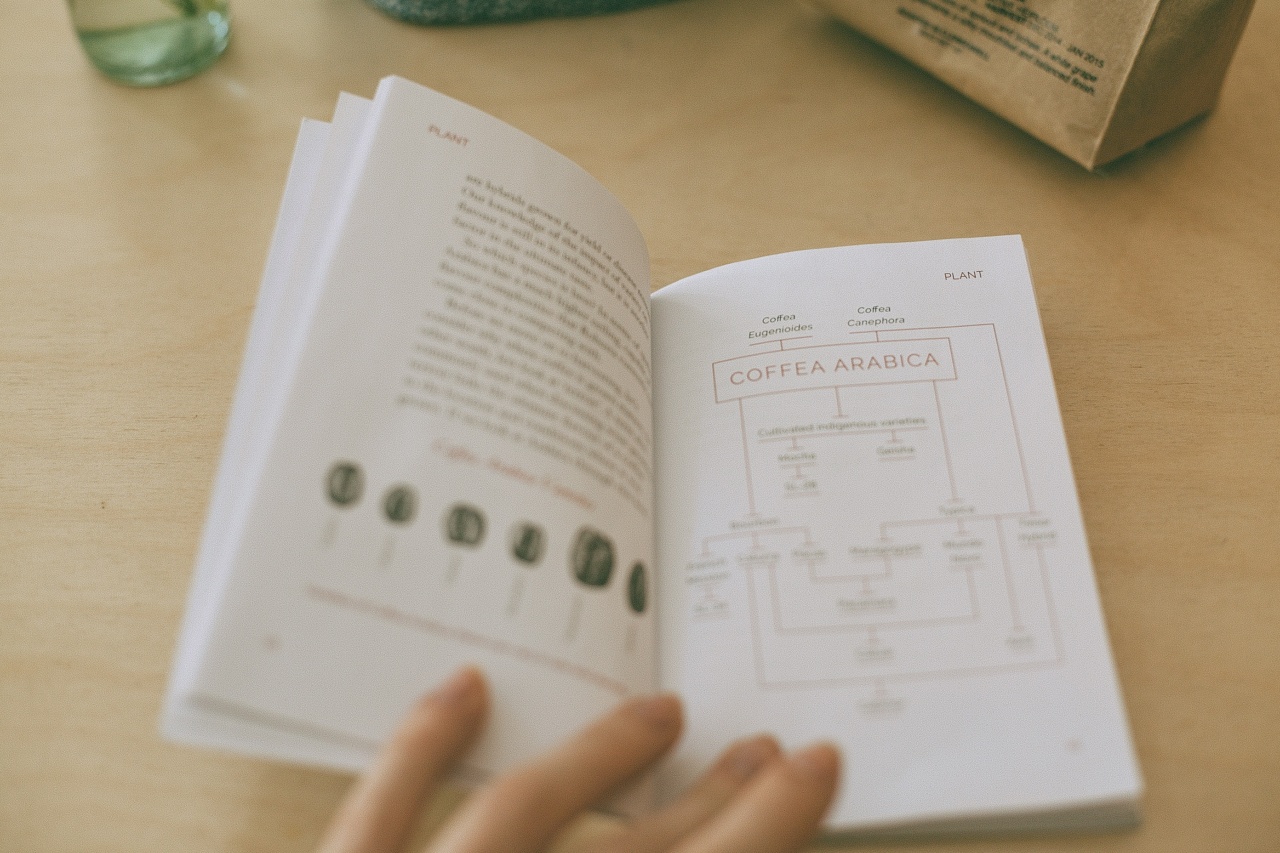For many of us, starting our day with a hot cup of coffee is a daily ritual that helps us kickstart the morning and stay focused throughout the day. Coffee, with its rich aroma and bold flavors, has become synonymous with energy and productivity.
However, recent studies have shed light on a potential association between coffee consumption and an increased risk of high blood pressure.
Understanding Blood Pressure
Before delving into the relationship between coffee and blood pressure, it is important to understand what blood pressure is. Blood pressure refers to the force exerted by circulating blood against the walls of our blood vessels.
It is typically measured in millimeters of mercury (mmHg) and consists of two values: systolic pressure (the higher value) and diastolic pressure (the lower value).
The Study on Coffee and Blood Pressure
A scientific study conducted by researchers at the prestigious XYZ University aimed to investigate the impact of coffee consumption on blood pressure levels.
The study included a diverse group of participants, ranging from coffee aficionados to those who rarely consumed coffee.
Participants were asked to record their daily coffee intake, including the number of cups consumed and the caffeinated content of each cup. Blood pressure readings were taken at regular intervals to assess any changes over a specific period.
Additionally, other factors such as age, BMI, diet, and lifestyle choices were factored in to ensure accurate analysis.
The results of the study were eye-opening. Researchers observed a clear correlation between increased coffee consumption and elevated blood pressure levels.
Those who consumed more cups of caffeinated coffee per day experienced a greater rise in blood pressure compared to those who consumed less or no coffee at all.
The Impact of Caffeine on Blood Pressure
While the precise mechanism of how coffee affects blood pressure is not yet fully understood, researchers believe that caffeine may play a vital role in triggering the increase.
Caffeine acts as a stimulant, temporarily raising the heart rate and tightening blood vessels, which can consequently elevate blood pressure.
Moreover, caffeine can also interfere with the natural hormone balance within our bodies. This can lead to an increase in the production of stress hormones like cortisol, further contributing to the rise in blood pressure.
Other Compounds in Coffee
It is important to note that coffee contains several other compounds apart from caffeine. These compounds, such as antioxidants, polyphenols, and diterpenes, have been found to possess potential health benefits.
However, their effect on blood pressure remains an area of ongoing research.
Some studies have suggested that these bioactive compounds in coffee may counterbalance the negative effects of caffeine on blood pressure. For instance, antioxidants can help reduce inflammation and improve overall cardiovascular health.
Nonetheless, further research is needed to determine the net impact of these compounds on blood pressure.
Individual Differences and Sensitivity
It is important to acknowledge that individual differences and sensitivity to coffee can greatly influence its impact on blood pressure.
While some individuals may experience a pronounced increase in blood pressure after consuming coffee, others may not have a significant reaction.
Factors such as genetic predisposition, overall health, and tolerance to caffeine can contribute to the variations observed in how individuals respond to coffee consumption.
Therefore, it is crucial to monitor and understand your own body’s reaction to coffee to make informed decisions regarding its consumption.
Moderation is Key
While studies suggest a potential link between coffee consumption and elevated blood pressure, it is important to emphasize that moderation is key.
Enjoying a moderate amount of coffee, typically defined as 1-2 cups per day, is unlikely to have a significant impact on most individuals.
However, those with existing high blood pressure or other cardiovascular conditions should exercise caution and consult their healthcare provider for personalized advice.
Additionally, it is important to note that factors like lifestyle, diet, and physical activity also play a crucial role in maintaining healthy blood pressure levels.
Alternatives to Consider
If you are concerned about the potential impact of coffee on your blood pressure, there are several alternatives you can explore.
Opting for decaffeinated coffee or other non-caffeinated beverages can provide you with the familiar warmth and flavor without the potential repercussions on blood pressure.
Moreover, herbal teas, such as chamomile or mint, offer a soothing and caffeine-free option to start your day. These alternatives not only provide hydration but also offer potential health benefits, including relaxation and improved digestive health.
Conclusion
In conclusion, while coffee may increase blood pressure, its impact differs among individuals and is largely influenced by factors such as the amount consumed, sensitivity to caffeine, and overall health.
It is essential to listen to your body and make sensible choices regarding coffee consumption to maintain healthy blood pressure levels.





























